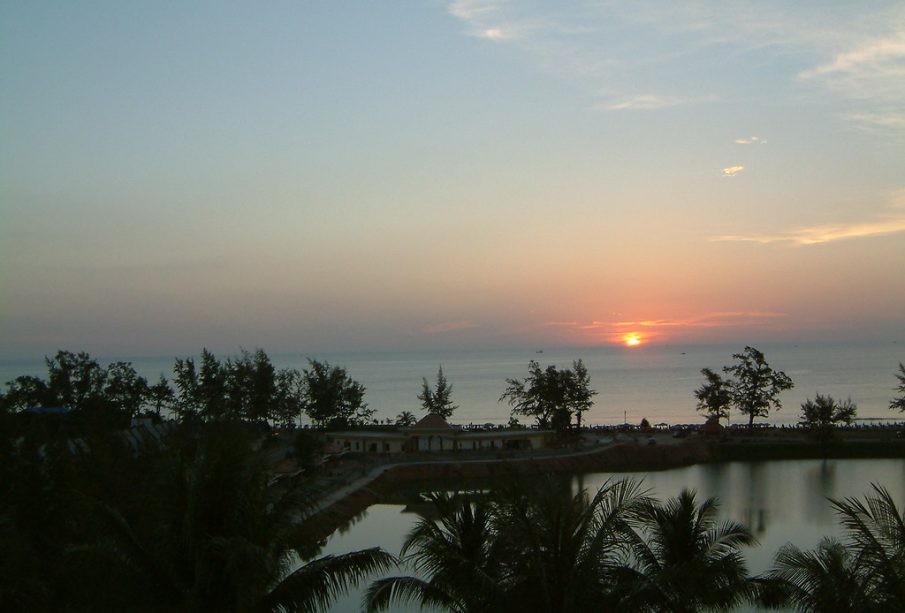Phuket: Thailand’s Premier Holiday Destination

Introduction
Phuket, Thailand’s largest island, stands out as one of the country’s most popular tourist destinations. With its stunning beaches, vibrant nightlife, rich history, and diverse culture, the island attracts millions of visitors each year. Recent events, including a surge in tourism post-pandemic, have heightened the significance of Phuket in global travel conversations. The importance of returning to tourism in places like Phuket not only highlights the resilience of the travel industry but also the economic recovery vital for local communities that depend on it.
Tourism Recovery Initiatives
As international travel restrictions have eased, Phuket has implemented various initiatives to enhance visitor safety while stimulating tourism. The “Sandbox Programme” launched in July 2021 is one such initiative allowing vaccinated travellers to enter Phuket without quarantine. The programme has seen significant success, bringing back a steady flow of tourists and boosting local businesses. According to the Tourism Authority of Thailand, in recent months, Phuket has welcomed over 1 million tourists, a promising sign of recovery.
Natural Attractions and Cultural Heritage
Phuket is renowned for its stunning natural beauty, with over 30 pristine beaches offering picturesque views and recreational opportunities. Patong Beach is famous for its nightlife, while Kata and Karon beaches cater to those in search of relaxation and less crowded settings. Furthermore, attractions like the Big Buddha statue and vibrant local markets provide an authentic taste of Thai culture. The island’s commitment to preserving its natural and cultural heritage remains a priority, as environmental concerns have prompted initiatives for sustainable tourism.
Impacts of Tourism on Local Communities
While tourism significantly boosts the local economy, it also brings challenges. Rising visitor numbers have led to concerns regarding environmental degradation and cultural dilution. Local authorities have been proactive in addressing these issues by implementing regulations on construction, promoting eco-friendly tourism practices, and encouraging community engagement in tourism development. Efforts to balance economic growth with environmental and societal impacts are ongoing, making Phuket a case study for sustainable tourism practices globally.
Conclusion
The future of Phuket appears promising as the tourism sector rebounds and local authorities adapt to the changing landscape. With initiatives focused on sustainable tourism and community involvement, Phuket aims to remain a top-tier destination for years to come. As travellers seek safe and enriching experiences, the island is poised to offer both adventure and relaxation amidst its beautiful scenery and rich culture. For those considering their next holiday, Phuket presents an opportunity that is hard to resist, promising unforgettable memories and experiences.









